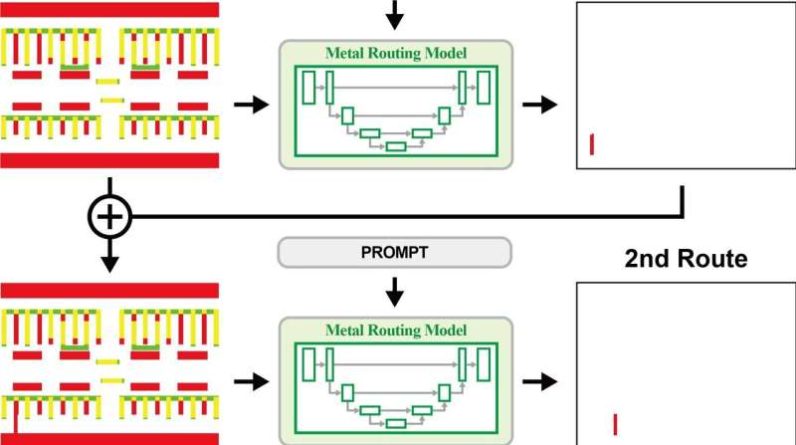
Skill loss and foundation knowledge are being examined as concerns around the fast rise of emerging technologies such as generative AI begin to infiltrate each workplace.
University of Queensland Business School’s lecturer of business information systems, Dr Tapani Rinta-Kahila told Digital Nation how his team examined skill erosion at an accounting company, leading to the discovery the company became dependent on its software.
The case study reported when the accounting company stopped using its automated fixed-asset accounting service, the accountants were unable to complete the task without it, resulting in major issues for clients.
Newsletter Signup
Get the latest insights and analysis delivered to your inbox.
SIGN UP
I have read and accept the privacy policy and terms and conditions and by submitting my email address I agree to receive the Digital Nation newsletter and receive special offers on behalf of Digital Nation, nextmedia and its valued partners. We will not share your details with third parties.
He also added in its case study, automation software was removed during a major organisational change with the expectation that while the staff “don’t have that system anymore, but because you are a fixed asset account and you should be able to do this”.
According to Rinta-Kahlia, years of over-reliance on evolving AI technology has potentially seen a drop in expertise and led to workers required to re-learn fundamental tasks.
“As long as we’ve been developing technologies, we’ve been starting to rely on technologies and the thing that makes things easier and automated,” Rinta-Kahlia said.
“For the first time really, these concepts came with the first wave of industrial automation, when you could use machinery to automate a lot of work.
“Then there was the concern for the disappearance of craft professions, skills and also the deterioration of workers conditions because of the transition from skilled crafts.”
Rinta-Kahila said as decision-based technologies become implemented in the workplace, sectors run the risk of staff losing critical thinking, foundational skills and “this kind of exploration, curiosity, analysis, independent analysis”.
“People who have more restrictive systems are less skilled when they’ve done experimental tests on auditors and accountants”.
He said, “In the accounting field, they found these systems will cause excessive reliance with people, so people rely on them a bit too much.”
Rinta-Kahila added with machine learning technology “obviously this problem takes a new dimension” as highly complex systems are removing “cognitive and creative work”
“That raises now this current question -what’s happening to our thinking and knowledge?”
“The train has gone”
According to Rinta-Kahila, “We have to accept in a way, the train has gone, we are reliant on technologies and if we want to continue technological progress, that’s what’s going to happen.”
He added that the “question to consider is when is it appropriate to rely on, what kind of skill should be retained?”.
“There are certain skills that we probably need to keep maintained.
“Aeroplane pilots are one example. You have cockpits that are highly automated with so much automation, just for safety reasons. But also, there is this growing concern that we don’t want those pilots to lose that knowledge because we want them to be able to operate and manoeuvre the plane in case the automation is not available or does the wrong thing.
“It really depends on the context,” he said.
Social skills are “becoming more important
Rinta-Kahila said social skills are “becoming more important” as this is not something that can be automated easily alongside reskilling and transitioning into new areas.
“Then also in talking about creativity, higher level thinking, you could argue that large language models have some creativity in them, but still they’re operating on past data.
“There’s only so much that they can create that’s really new and novel and humans still have an edge in that”.
“There’s also a lot of lot of talk about, what are the new roles in the age of AI?
“In the service context, if we think about customer service, humans are still the ones because if we’re having technology do more and more service tasks, those tasks become the same, but then the human can bring the differentiating aspect to that.”
Rinta-Kahila said, “Overall, professionals will need more and more technical skills, more and more digital skills because we’re having more and more digital systems”.
Skills of the future might include a shift away from memorising facts but rather “social technical mediation of interactions between humans and technology”.
Overall, “Australia, like many other countries are in the danger of getting too complacent with technology, and exposed the skill to rely on skill erosion in that sense”.
According to Rinta-Kahila, there is some emerging empirical evidence showing higher AI literacy “might prevent this over-reliance”.
“Understanding what these systems do and how they work will help you not rely on them excessively because you know their limits and you understand why they might suggest certain things or why they might produce certain outputs.”





